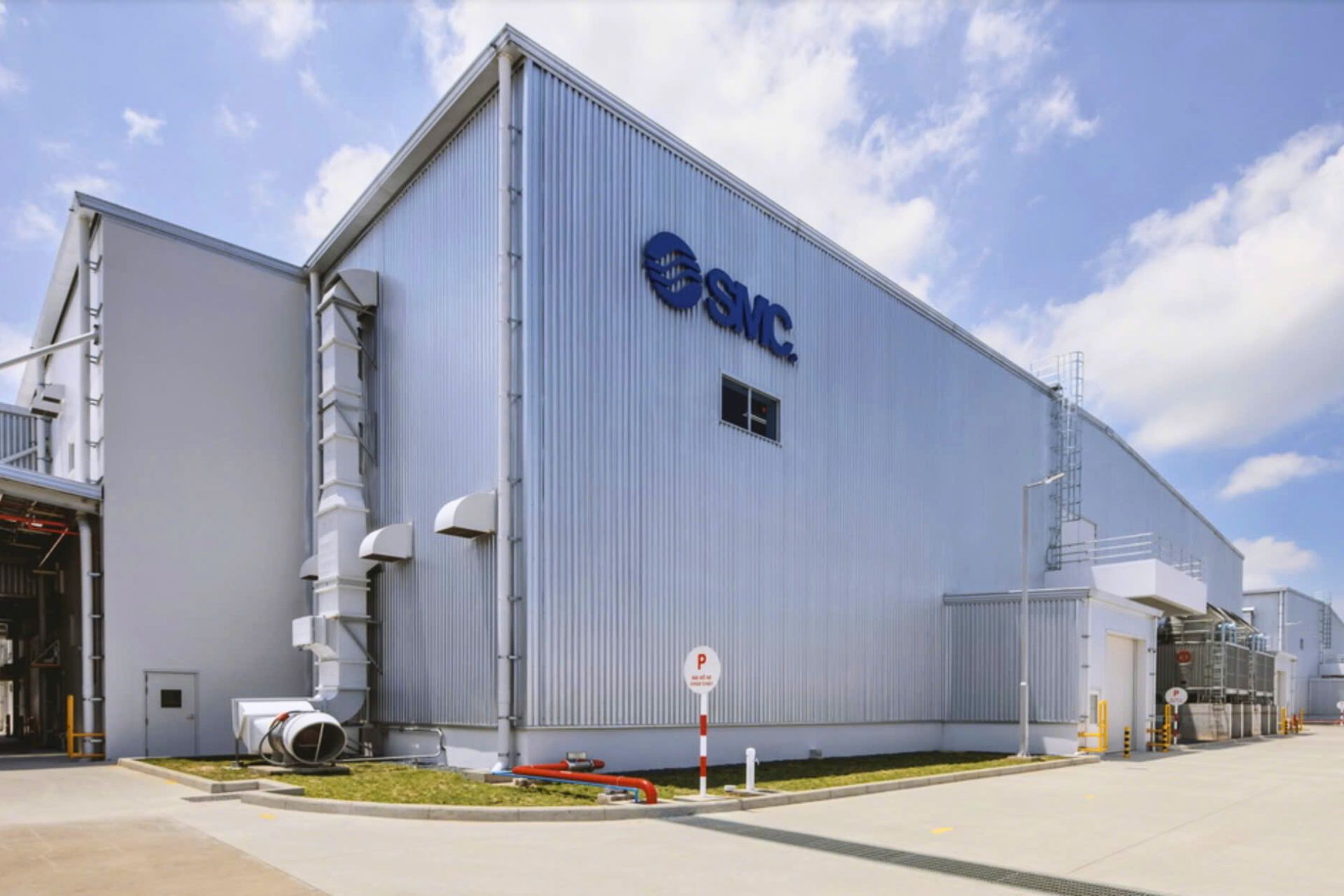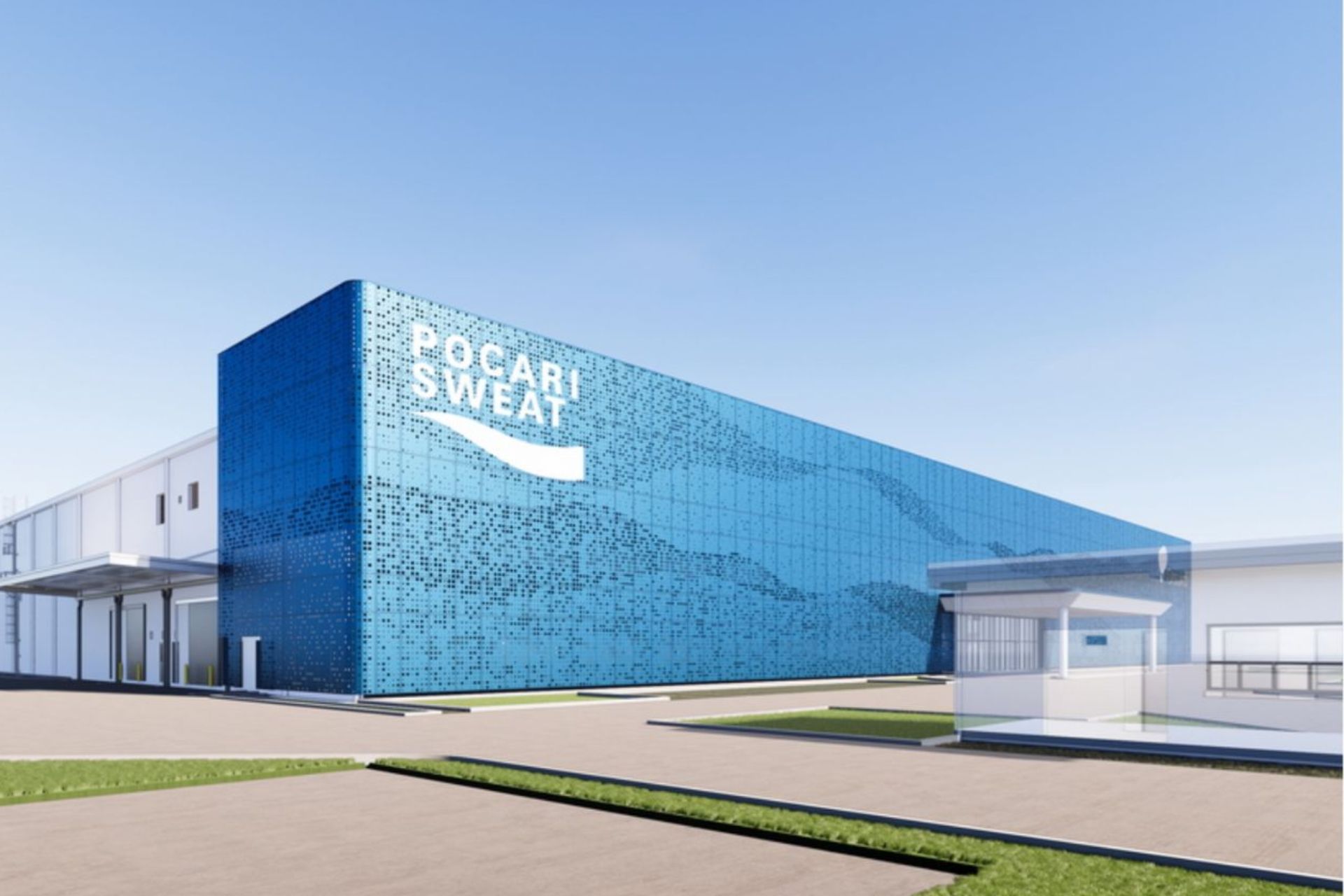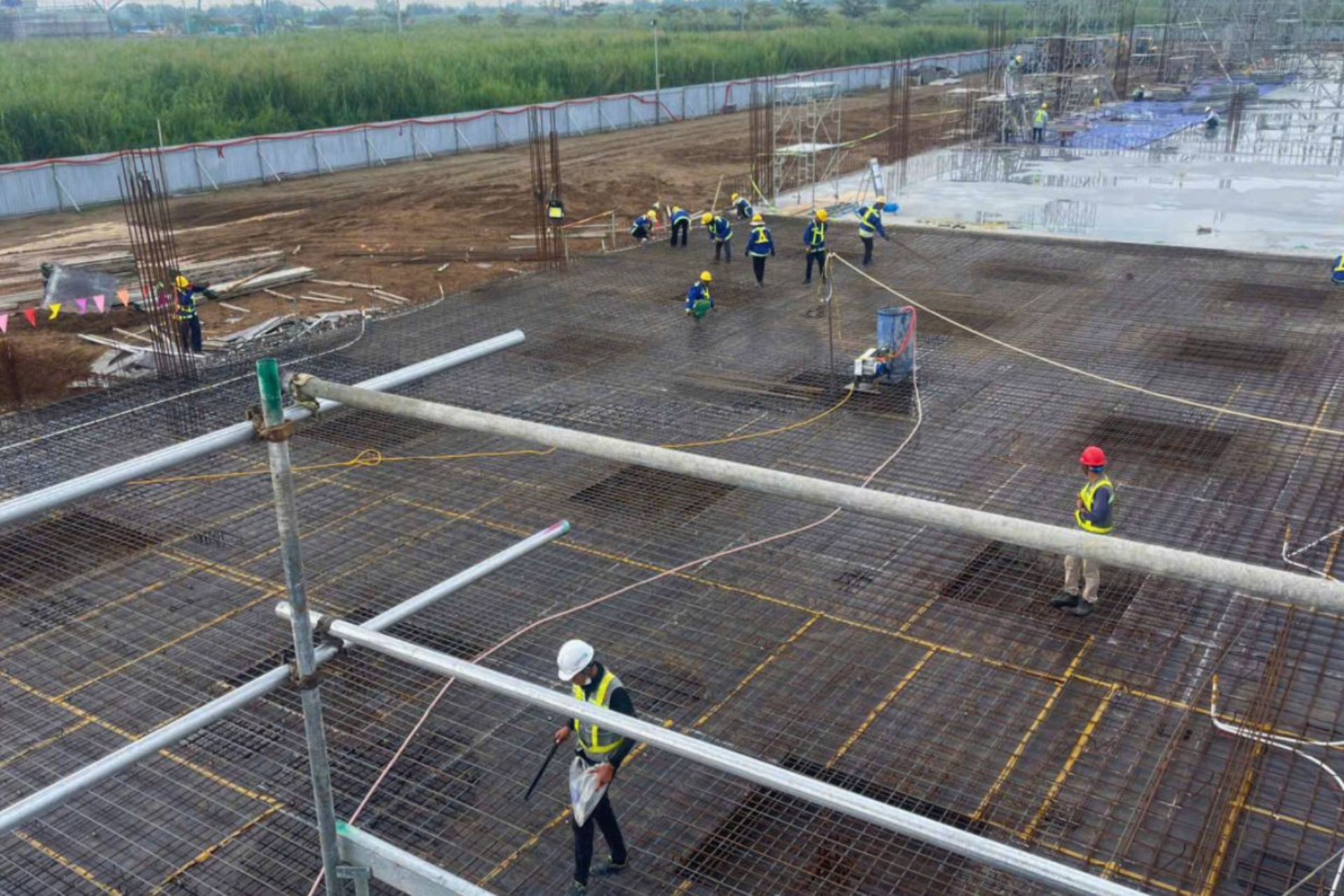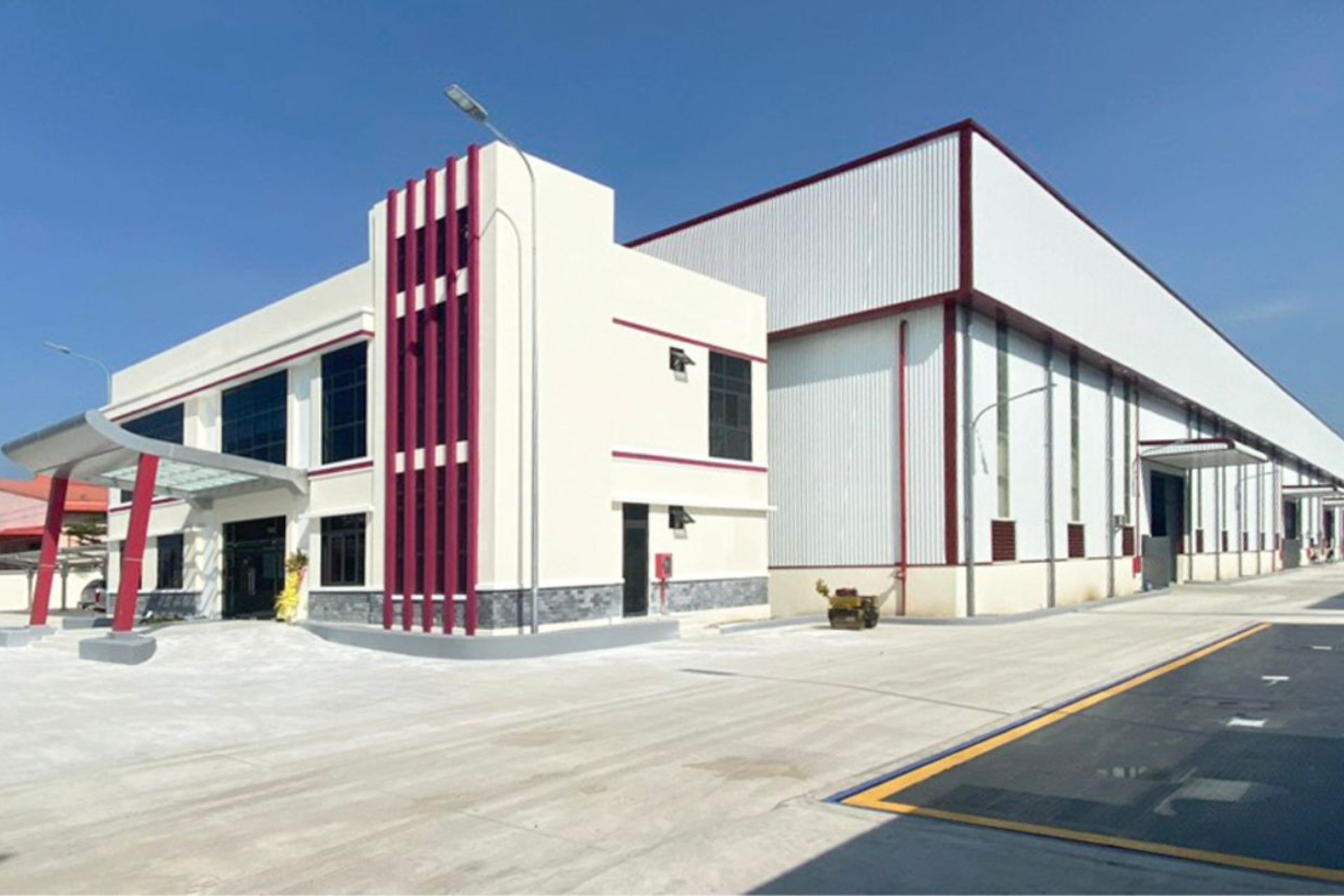
6 Key Criteria for Selecting a Reliable Industrial Construction Contractor
Selecting an industrial construction contractor is a crucial decision that directly impacts the quality of the project, construction progress, and the efficiency of future production activities. A reputable contractor not only meets stringent technical standards but also helps investors optimize costs and minimize risks. However, with hundreds of contractors on the market, how can you find the most suitable one? TECO introduces six key criteria to help investors evaluate and select a professional, reliable, and trustworthy industrial construction contractor.
1. Experience and Construction Capability
When choosing an industrial construction contractor, one of the most important factors to consider is their experience. A contractor with many years of experience in industrial construction will have an in-depth understanding of technical standards, appropriate materials, and optimal construction processes. This not only ensures project quality but also helps investors save time and costs by avoiding unnecessary mistakes during construction.
In addition to years of operation, reviewing the contractor’s portfolio of completed projects is also crucial. Projects of similar scale and nature to your current one serve as a practical benchmark for evaluating the contractor’s execution capabilities. Investors should request the contractor’s capability profile, real project images, or even visit completed projects to assess construction quality. If the contractor has successfully executed multiple large-scale projects with high technical requirements, it demonstrates their ability to meet stringent standards in industrial construction.

TECO is proud to be an experienced industrial construction contractor with many years
in the industry.
2. Workforce and Expertise
Another critical factor when selecting a contractor is their workforce, including engineers and construction workers. A professional contractor will have a team of skilled engineers with extensive practical experience and expertise in designing, supervising, and constructing industrial buildings. Competent engineers can provide optimal technical solutions, efficiently handle issues that arise during construction, and ensure the highest quality standards.
Beyond the engineering team, the skills of the construction workers directly impact the project’s progress and quality. Experienced workers will execute construction accurately, adhere to technical standards, minimize errors, and ensure safety throughout the building process.
3. Strong Financial Capability
A reputable construction contractor must have strong financial capacity to ensure smooth project execution and avoid delays due to funding shortages. Evaluating a contractor’s financial status should be based on transparent financial reports, annual revenue, and debt management levels. A financially stable contractor can proactively procure materials, pay workers on time, and maintain project schedules.
Additionally, strong relationships with material suppliers and financial institutions are crucial for reducing risks and ensuring resource availability. This not only guarantees timely project completion but also enhances quality and long-term operational efficiency.

TECO successfully executed the Pocari Sweat Factory project in Vung Tau.
4. Adherence to Project Schedule and Responsiveness
On-time construction is a key factor that directly affects a company’s production activities. Delayed project delivery can disrupt operational plans, increase costs, and reduce productivity. Therefore, before choosing a contractor, businesses should review their past project records to assess adherence to deadlines. If a contractor has a history of frequent delays, it may indicate poor management or insufficient resources.
A reputable contractor must have a detailed construction plan, allocating personnel, materials, and equipment effectively to ensure project deadlines. They should also have flexible risk management strategies to handle unexpected factors such as weather conditions, material shortages, or design changes. Choosing a contractor with strong management capabilities will provide peace of mind regarding both progress and quality.

TECO successfully built the Fujiya Sweat Confectionery Factory.
5. Transparent and Reasonable Costs
One of the essential factors when selecting an industrial construction contractor is cost transparency and reasonability. A reputable contractor should provide a detailed quotation, clearly listing each work item, types of materials used, unit prices, and any potential additional costs. This helps investors understand the cost structure and avoid uncontrolled expenses during construction.
Comparing quotations from multiple contractors is necessary to assess the balance between cost and quality. However, selecting the lowest bid should not be the only criterion. Investors must also consider the contractor’s experience, capabilities, and commitment to quality. A transparent and detailed quotation not only reflects the contractor’s professionalism but also helps investors effectively manage budgets, ensuring that the project meets standards and stays on schedule.
6. Warranty and Post-Construction Support Policies
A professional construction contractor should not only commit to timely project completion but also provide a clear warranty policy to protect the investor’s interests. The warranty policy should specify the warranty period, scope of coverage, and procedures for addressing issues if they arise. Some reputable contractors also offer periodic maintenance services to inspect and repair key components, ensuring long-term project quality.
Additionally, the ability to provide consultation on renovations and factory expansions after commissioning is another factor to consider, especially for businesses planning future growth. To assess a contractor’s commitment to after-sales service, investors should review feedback from previous clients to determine whether they truly uphold their post-construction service commitments. A trustworthy contractor not only builds durable structures but also supports businesses throughout their operation and development.

TECO is proud to have built the Coen-Bio Factory in Long An.
Conclusion
A reputable industrial construction contractor helps businesses optimize costs, ensure project quality, and minimize construction risks. Therefore, before making a decision, investors should conduct thorough research, review real-world projects, and work directly with contractors for a clear understanding. A well-informed choice from the outset will deliver long-term benefits, ensuring sustainable operations and business growth. TECO hopes investors will consider these criteria when selecting the right contractor for their industrial construction projects.



